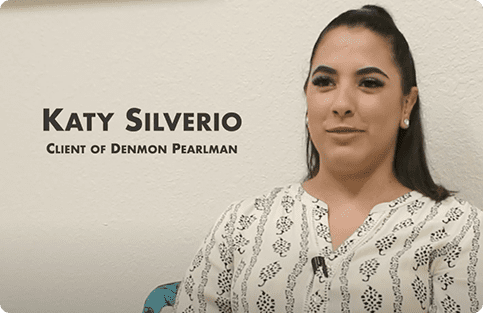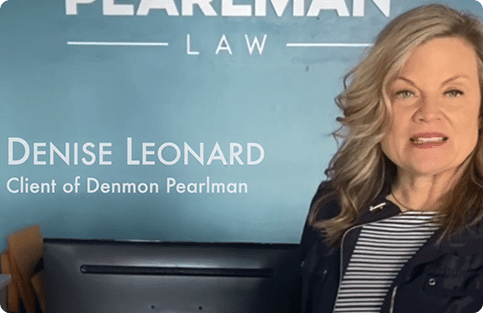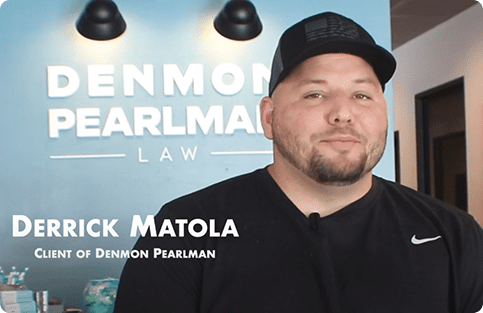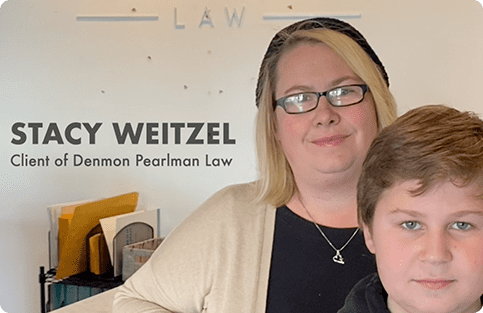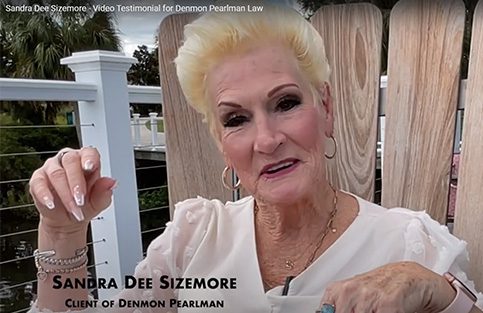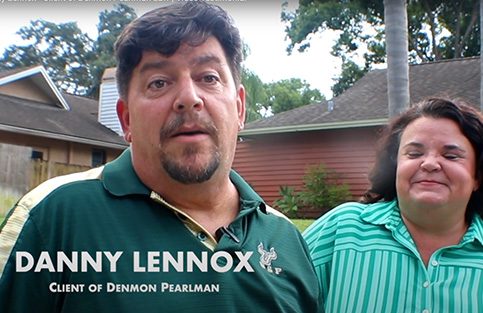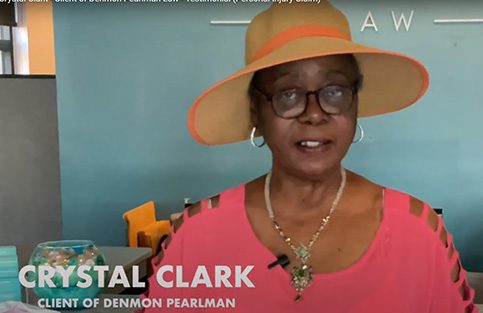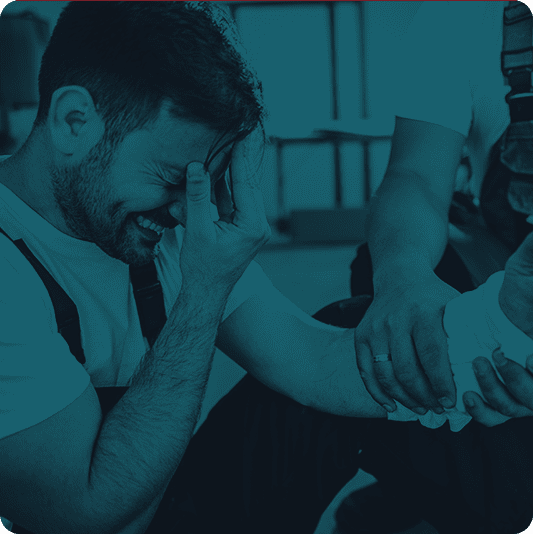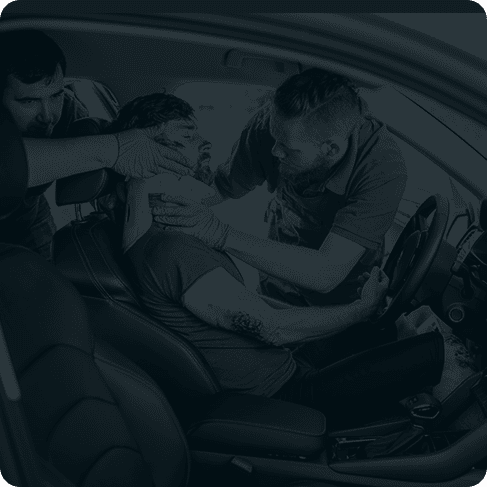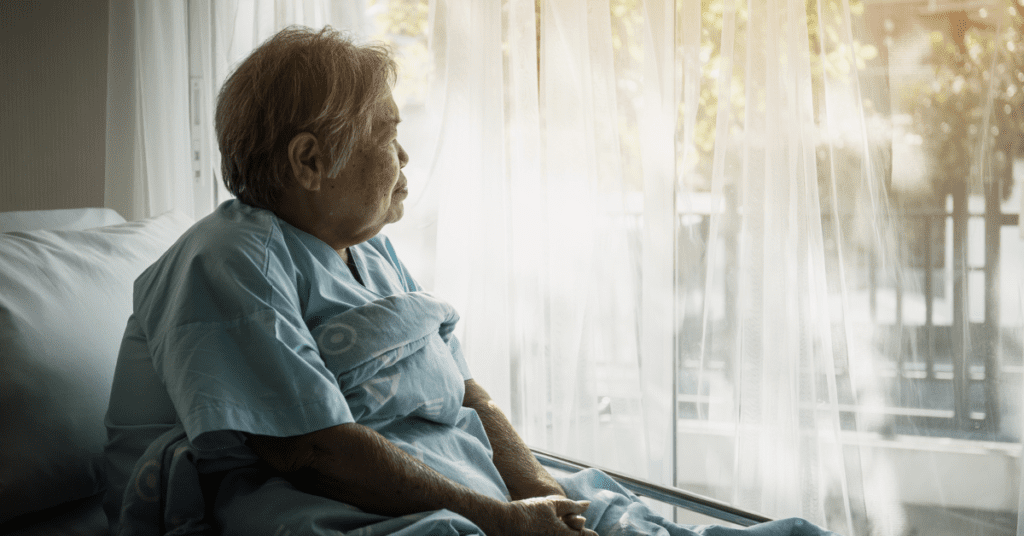
Every year, there are approximately 5 million elder abuse cases, and nursing home abuse affects thousands of families. The most commonly disputed nursing home abuse injuries are bedsores, falls, and wrongful death. However, here’s what makes Florida’s nursing home industry all the more appalling:
Most Florida nursing homes are for-profit facilities and are often part of a franchise of nursing homes. Nursing home residents in for-profit facilities are more than twice as likely to suffer nursing home neglect or abuse injuries than in non-profit facilities. That’s because Florida’s nursing home industry has specialized lobbyists influencing Florida nursing home laws to favor the sector over nursing home care.
That’s why Florida is also home to many nursing home abuse lawyers and attorneys to keep these powerful corporations and insurance companies in check. If you know someone in need of a nursing home abuse attorney immediately, contact us at Denmon Pearlman Law Firm for a free consultation. Otherwise, read on to learn more about Florida nursing home abuse and what a nursing home abuse and neglect lawyer can do for you.
What Is Nursing Home Abuse?
First, it’s important not to mistake nursing home negligence for abuse. Negligence means the staff fails to provide the needed care for their nursing home residents. Common causes of nursing home negligence include:
- Understaffed nursing homes
- Overworked available staff
- Poorly trained, underqualified, or inexperienced staff
- Insufficient staff supervision
- Residents are either isolating themselves or being isolated by staff
- Residents incapable of or afraid to report nursing home neglect
On the other hand, nursing home abuse is a much more serious allegation. It’s defined as the intentional act of wrongdoing in a nursing home. Victims of nursing home abuse can bring civil liability as well as criminal charges against nursing home abusers.
What To Do After Experiencing Florida Nursing Home Abuse Or Negligence
If you’re reading this now, chances are you know someone who is a Florida victim of nursing home abuse. You might not know what to do about it. Here are some steps to start taking proper action:
- Call 911 if your loved one is in danger. Wait for the police to arrive and do a criminal investigation into the signs of abuse and neglect.
- Do your best to document all conversations between your loved one and their nursing home worker. Take photos of visible injuries, poor facility conditions, and possible safety hazards that could have led to your loved one’s illness or injury. Collect all financial statements and receipts to suggest any financial abuse.
- Keep all medical receipts associated with treatment for physical injuries and emotional injuries.
- File a complaint with Florida’s Department of Children and Families (DCF). They’ll start an investigation and decide the case. If they find abuse, they’ll communicate with the State Attorney, who’ll pursue charges.
- Start looking for another nursing home to transfer your loved one. Visit other nursing homes to find the right one for them.
- Consult an experienced Florida nursing home abuse lawyer. An attorney can file a lawsuit for your loved one, hold the nursing home facility accountable, and handle the nursing home abuse case details. At the same time, you can support your loved one after going through such a traumatic experience.
Proving Nursing Homes Liable For Negligence
As with any other liability claim, you must show evidence of negligence. Here are common claims of nursing home negligence:
- Hiring inexperienced, underqualified, or even dangerous staff members.
- Not training staff adequately.
- Not providing adequate security and quality of care to elderly residents.
- Failing to monitor staff, enforce rules and consequences for abuse, and discipline staff members for violating policies.
- Not providing sufficient housing, food, water, or medication for residents.
- Not providing essential medical care.
- Permitting unsafe conditions in the nursing home resulting in falls and other life-threatening injuries.
Understanding The Rights Of Florida Nursing Home Residents
Florida state law has a “Nursing Home Bill of Rights” that all nursing homes in the state must abide by. These include the right to:
- Safe, secure, and clean environments.
- Dignity and respect for individuality and privacy.
- Use their personal property as long as it doesn’t make other residents unsafe.
- Private communication with others and unrestricted access to phones.
- Visit with anyone between 9:00 AM and 9:00 PM.
- Maintain independence and participate in nursing home activities.
- Manage financial transactions as long as cognitively able.
- Share a private room with a spouse.
- Exercise and spend time outdoors.
- Attend religious services and worship.
- Get help and receive necessary healthcare.
- Complain or request changes in a nursing home without fear of retribution.
Under Florida state law, if a nursing home violates any of these rights, the court can impose a $2,500 fine.
Different Types Of Nursing Home Abuse
Neglect
Bedsores are one of the most severe signs of neglect. They occur when someone is left lying on a bed for too long. Pressure on the skin forms sores. Over time, that pressure may penetrate the skin and affect the underlying tissue. Here are other forms of physical neglect:
- Not providing adequate nutrition and hydration.
- Not assisting residents with personal hygiene.
- Not cleaning the residents’ living quarters and the shared spaces.
- Not providing adequate security and supervision resulting in unattended falls, choking, and residents wandering away from the property.
The staff’s negligence can increase the risk of hazards commonly seen in other premises liability claims, such as faulty handrails, ripped or uneven carpeting, unsafe stairs, faulty elevators, and cracked pavement.
Nursing home staff are also responsible for supervising residents for aging behavioral issues and listening so they know the proper action to take. That’s because medical problems and medications can sometimes make elderly residents feel anxious and depressed.
As a result, some residents of nursing homes withdraw because they don’t get along with other residents, miss their families, and miss living independently. Therefore, nursing home staff not meeting this duty becomes a form of emotional neglect.
However, providing medical care around the clock is likely one of the most critical responsibilities of nursing homes and assisted living centers. Unfortunately, medical neglect often arises from an inexperienced and untrained nursing home worker.
They typically fail to provide the correct medication and the prescribed dose and don’t ensure residents take their medication on time. This problem can result in many undetected medical issues like undiagnosed infections, illnesses, and life-threatening emergencies such as a heart attack or stroke.
That’s why the severity of medical negligence can quickly step into the line of medical abuse once staff starts to ignore, isolate, or refuse to get medical attention for a resident who is sick and injured. The negligence includes withholding or denying medication to punish residents or make them more compliant.
Physical Abuse
Unfortunately, caregivers assaulting elderly residents is a daily occurrence in Florida. Examples of physical abuse cases include nursing home employees hitting, choking, shoving, spitting on, or intentionally doing any other physical harm to residents.
Sexual Abuse
Sexual abuse entails sexual harassment and assault in sexual comments, unwanted touching or kissing, forcing residents to remove clothes, viewing pornography, and rape.
Psychological or Emotional Abuse
Emotional abuse is usually verbal assault in the form of shouting, insults, demeaning comments about a resident’s appearance or capabilities, racist, sexist, ageist, or other prejudiced remarks, and threats of violence.
Financial Abuse
Most residents are retirees that rely on a fixed income from social security, retirement benefits, and personal savings. Still, many residents fall victim to this insidious kind of elder abuse.

Theft is the most common form of financial abuse. Other forms include:
- Accessing and taking money from a resident’s bank account.
- Using their credit or debit card.
- Identity theft.
- Signing over assets to a nursing home worker.
- Updating their will to make the caregiver a beneficiary.
Residents with cognitive disabilities, especially dementia and Alzheimer’s, are typically more at risk for financial exploitation.
Signs To Look For In Nursing Home Abuse & Neglect Cases
The best way to prevent abuse and neglect is to visit your elderly loved ones and spend time with them as regularly as possible. Awareness is crucial as many cases aren’t easy to identify, especially if residents hesitate to speak up. What you can do as someone with more grasp is to look out for any of these signs of nursing home abuse:
- Severe weight loss, malnutrition, and dehydration
- Inattentive staff who aren’t prompt to call lights
- Poor hygiene
- Bedsores
- Torn and dirty clothes
- Unsanitary facility
- Fractures from falls
- Infections and sepsis
- Bruises and unexplained injuries
- Negligent security in and around the facility
- Attacks by staff and other residents
- Theft (money and personal property gone missing)
- Lack of communication between the resident and staff
- Illegal restraints
- Anxiety, depression, withdrawal, and unusual behavior
- Skipping medication or inconsistent medication
- Medical conditions worsening
Contact a Florida Nursing Home Abuse Lawyer at Denmon Pearlman
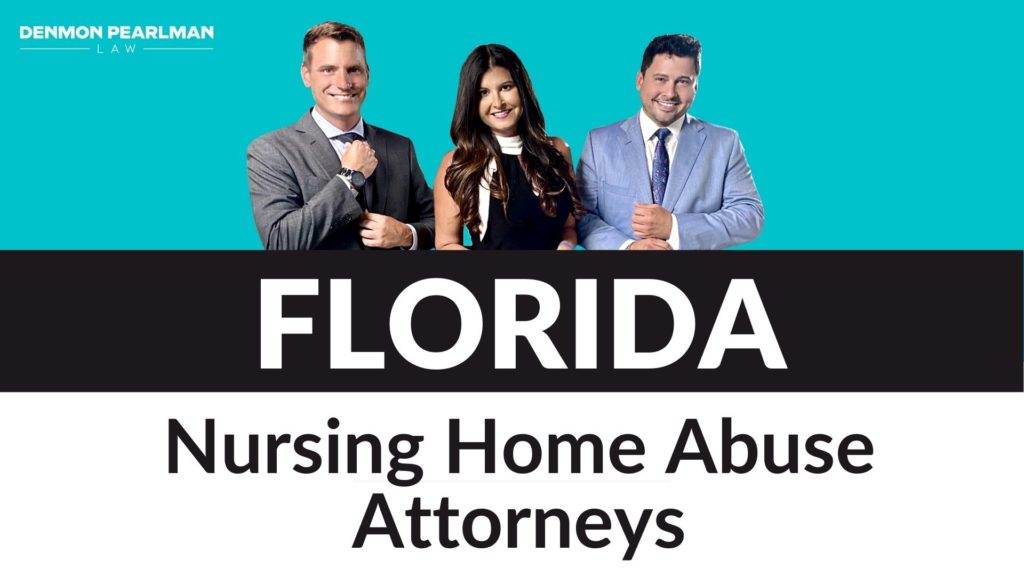
We know what it’s like to feel wholly wronged and vulnerable in the hands of people who should be looking after your elderly loved one. That’s why at Denmon Pearlman Law Firm, we take legal actions to hold unethical institutions accountable after they’ve caused so much distress, injury, or even wrongful death to nursing home residents.
Doing this work is the only way to push them to improve their nursing home services and offer much better care in the future. Contact us for a free consultation to speak with our experienced Florida nursing home abuse attorneys.
Frequently Asked Questions
How Much Is A Nursing Home Abuse Or Neglect Case Worth?
The total compensation depends on the damages and losses the resident and their family sustained. Here is what the compensation can include:
- Medical Expenses: All medical treatments needed to restore your loved one’s health after abuse. These expenses include current medical bills and the projected cost of future treatments.
- Out-Of-Pocket Costs: These damages include the cost of traveling between doctor appointments, home healthcare services, and personal mobility devices.
- Pain and Suffering: All physical pain and psychological distress resulting from the injuries and having to endure this entire ordeal.
- Wrongful Death: Through a wrongful death claim, you can be compensated for end-of-life medical expenses, funeral expenses, loss of inheritance, and loss of consortia, such as intimacy and companionship.
- Punitive Damages: Punitive damages are only available in Florida nursing home cases where there’s a willful deviation from the facility standard of nursing home care. A jury may award punitive damages for a nursing home abuse claim if the defendant’s actions constitute “intentional misconduct or gross negligence”.
What Is The Statute Of Limitations For Nursing Home Abuse?
Florida nursing home laws require claims for Florida nursing home abuse or negligence to be brought in within two years (see section 400.0236). The facility must qualify as a “residential adult care facility.” These nursing home facilities include assisted living centers, board and care homes, and adult family-care homes.
How Do I File a Claim Against a Nursing Home?
A nursing home abuse lawyer can file a claim on the victim’s behalf. The filing requires:
- Defining all nursing home care duties your loved one needs by reviewing the contract signed with the nursing home.
- Reviewing medical records that would support the claim of abuse.
- Interviewing witnesses who noticed or observed the abuse.
- Visiting the facility to find and document any unsafe conditions.
- Checking for defective or malfunctioning equipment that could have contributed to injuries under a product liability claim.
- Requesting nursing home records that cover the resident’s care.
How can a nursing home abuse lawyer help?
First and foremost, an experienced nursing home abuse lawyer will take the time to empathize and fully understand the emotional trauma that your elderly loved one went through. Then the lawyer will start to investigate and build your case. These nursing home abuse lawyers will fight for justice and compensation for your family’s pain and suffering. We help nursing home abuse or neglect victims all over Florida including, Tampa, St. Petersburg, New Port Richey, and Brooksville.
Our Expertise
We have your back. Whatever you might be suffering from, accidents, injuries or medical malpractice, we have you covered throughout Florida
Let’s get in touch!
The initial consultation is absolutely FREE
Denmon Pearlman
Law
Tampa Office
2504 W Crest Ave
Tampa, FL 33614
(813) 554-3232
Denmon Pearlman
Law
St. Petersburg Office
520 2nd Ave South
St. Petersburg, FL 33701
(727) 493-5610
Denmon Pearlman
Law
New Port Richey Office
5703 Main Street
New Port Richey, FL 34652
(727) 753-0049
Denmon Pearlman
Law
Brooksville Office
1790 E Jefferson St.
Brooksville, FL 34601
(352) 309-7354
Denmon Pearlman
Law
Seminole Office
5290 Seminole Blvd. Suite D
St. Petersburg, FL 33708

